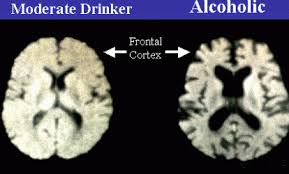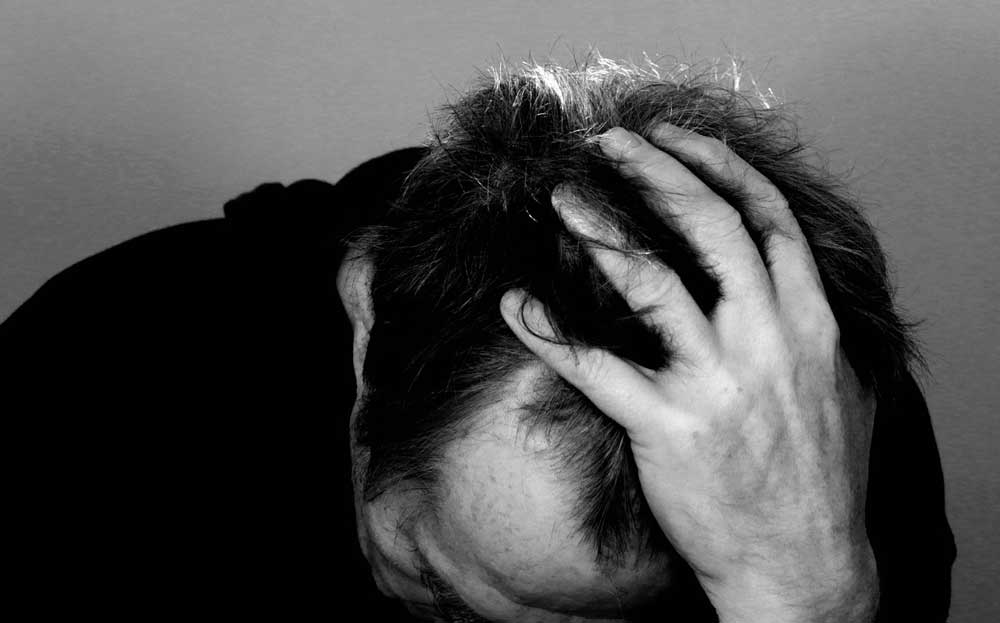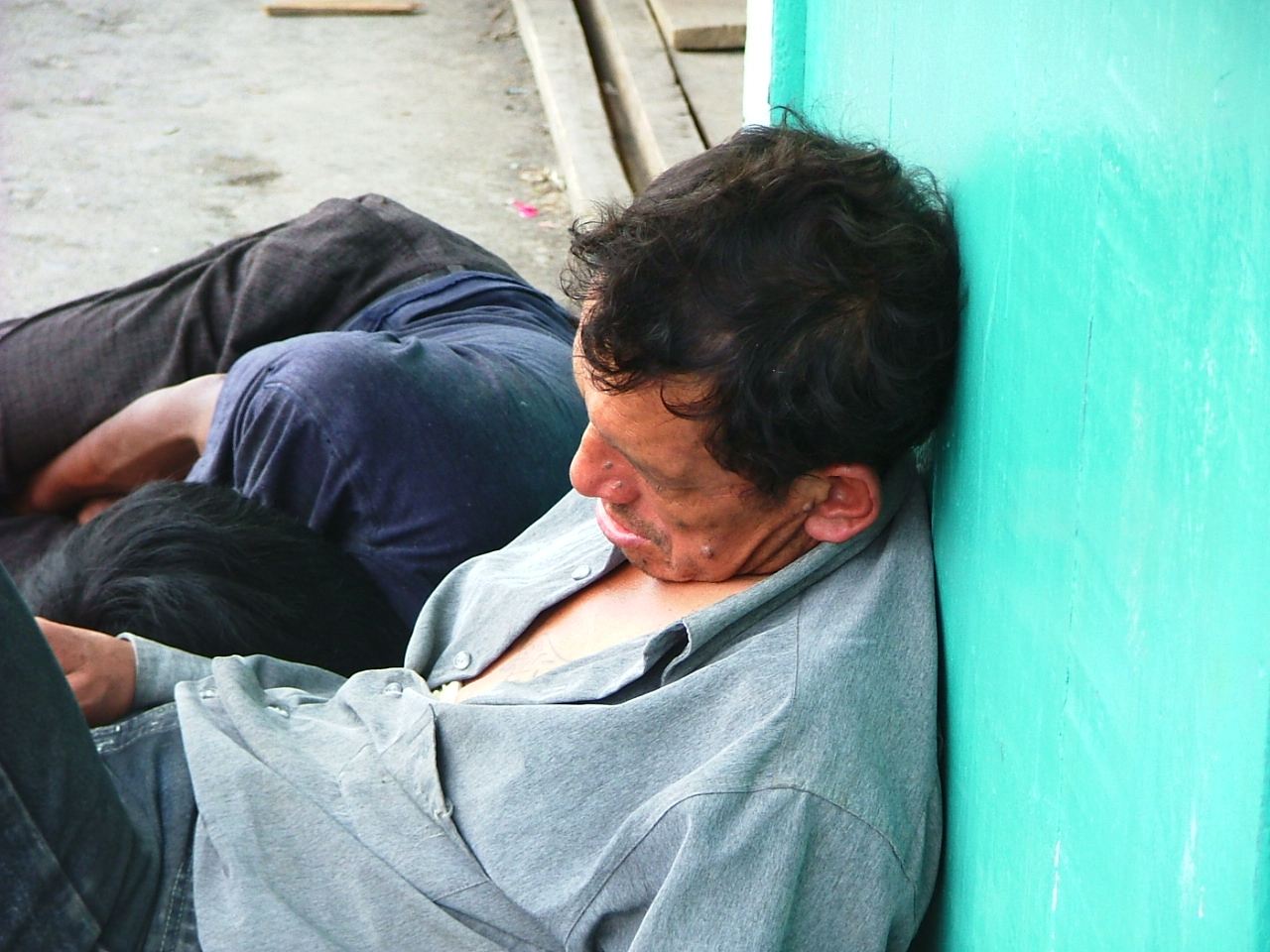Post acute withdrawal symptoms

Post acute withdrawal symptoms (PAWS) has serious consequences and if not addressed can cause serious problems
Post acute withdrawal symptoms: Good nutrition and diet
When it comes to proper management of alcohol and drug addiction, nutrition will always play a very significant role in the whole process. For a while now our postings concerning the post-withdrawal symptoms and how well they can be managed as a means of keeping the scourge of addiction to manageable levels have impacted on many. Ours is to impact positively on the lives of people and for that reason, we want to continue while concentrating on the good nutrition and diet for a recovering person (addict).
When considering nutrition, three things come to mind almost immediately, that there must be three well-balanced meals daily, at least three nutritious snacks daily and of course ensuring that there is no sugar and caffeine in our menu. The concern of many experts including doctor Dalal Akoury MD President and founder of AWAREmed Health and Wellness Resource Center, we are living in a very stressful society where everybody is running up and down to make ends meet. Because of the magnitude of stressful lives that they live doctor Akoury is not missing her words reiterating that hunger produces stress. Her advice is that, in order to live a healthy life based on good nutrition, the following are necessary:
- Try to plan your eating schedule so that you do not skip meals and so that you can have periodic nutritious snacks
- Do not eat candy, donuts, soft drinks, potato chips, or other high calories, low nutrient foods
- You should specifically avoid foods that produce stress such as concentrated sweets and caffeine. Both of these produce the same kind of chemical reaction in your body as being frightened or overly excited.
- Concentrated sweets such as candy, jelly, syrup, and sugar-sweetened soft drinks will give you a quick “pick-up,” but you will experience a let-down about an hour later accompanied by nervousness and irritability.
Post acute withdrawal symptoms: Battling fatigue and nervousness
With the application of these tips, you’re certainly going to see a big difference. Remember that your reason for eating a snack should be to combat fatigue and nervousness and having a nutritious snack before you feel hungry to prevent a craving for sweets will be very ideal say doctor Akoury. Just to further make emphasis on that let me share with you briefly what good nutrition can do and has done to other people. According to one of my patient who is a recovering alcoholic, she was in the habit of eating a large quantity of ice cream every night. She talked about craving for it and believed that by eating ice cream she was reducing a craving for alcohol. The next morning she always would feel sluggish and irritable. Throughout her stress increased until it was relieved by the ice cream.
One day professional counselors suggested for her that she needs to remove the ice cream from her diet she felt she could not get along without it. When our counselors examined her diet it was evident that she consistently skipped breakfast and was not getting adequate nutrition. She later agreed to try eating a balanced diet and to eliminate ice cream on a trial basis. By and by she discovered that when she ate a balanced diet and ate regular meals and several nutritious snacks throughout the day her craving for ice cream disappeared and she could easily eliminate it from her life. What does this communicate to you? Good nutrition and diet for a recovering person work and your situation is no different. Call doctor Akoury now for all your concerns about this.
Post acute withdrawal symptoms: Good nutrition and diet
http://www.I-AM-I.com/wp-admin








